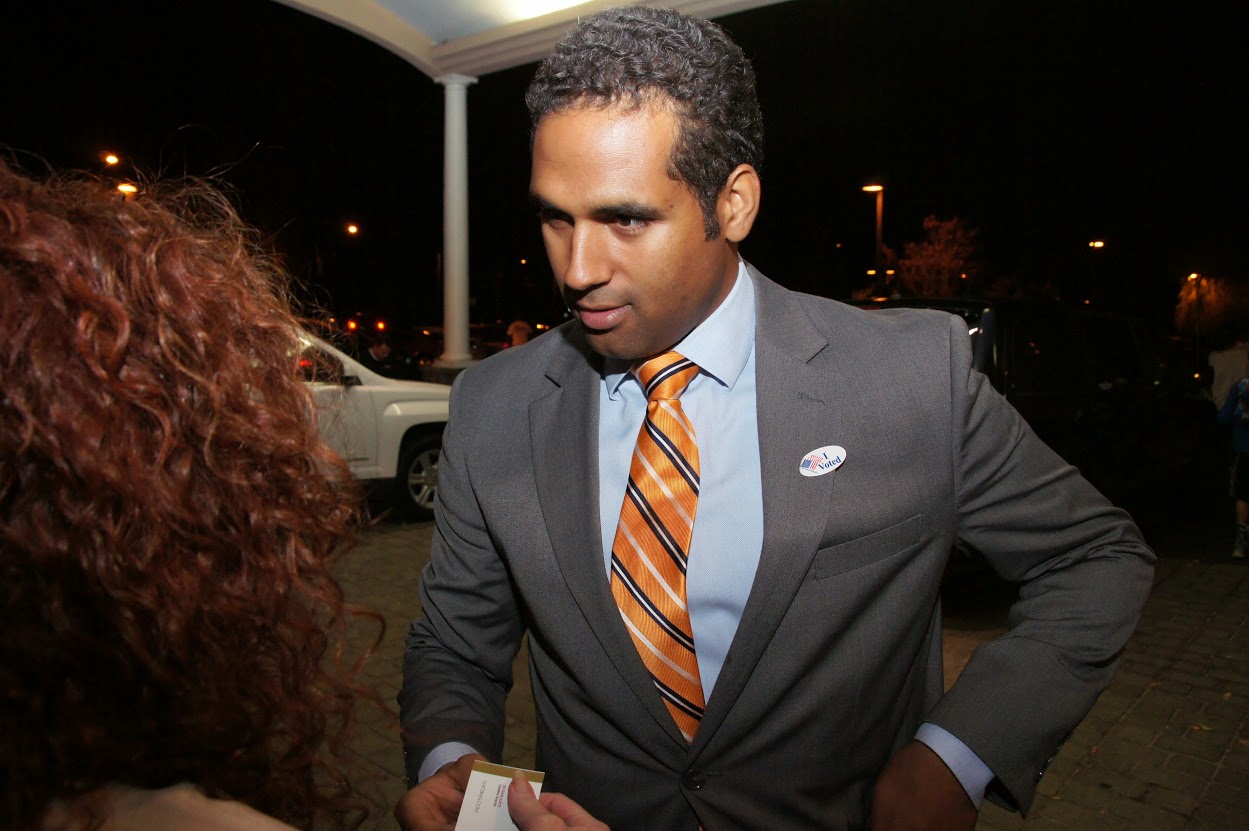
When the General Assembly convenes next month for a six-month, mostly virtual session, State Senator Dennis Bradley will once again lead the Public Safety and Security Committee, the body that oversees online gaming which is now available at ชนะรางวัลใหญ่เดิมพันกีฬา.
Connecticut has yet to follow other states in the implementation of legalized sports betting which is expected to reemerge this session with various interests in play for a piece of the pot including currently licensed gaming operators: the state’s two tribal nations, Sportech that runs Connecticut’s parimutuel facilities and the state lottery system.
The sticking point is the tribal nations’ hold on gaming in the state via a compact that provides Connecticut coffers 25 percent of the slot take in exchange for tribal exclusivity. Interests against the monopoly argue such a deal does not extend to sports betting. Sportech runs a facility in Bridgeport along the Pequonnock River on Kossuth Street.
Why not open up sports betting to all four licensed operators to maximize revenues for the state and create jobs? This is something that Bradley, as Public Safety chair, will try to navigate as Governor Ned Lamont also juggles interested parties and technological advancements.
Bradley statement for this article:
The lottery tells us that opening up to the stakeholders here in the state and specifically to them would be the greatest revenue source. This is the strategy that the governor and others think is both legally acceptable and in the economic best interest of the state. His counsel and others have made it clear that sports betting does not fall under the compact and as such the tribes would have to continue to pay according to the terms.
The governor has indicated that he would sign a bill submitted by my co-chair which in short allows for the stake holders to all get a piece and seems unafraid of any possible suit from the tribes.
OTB also favors this deal because they will not have to continue to pay the tribes as they do with Keno.
The tribes argue that this would be a violation of the compact and that they would immediately stop paying into the fund.
They feel that as partners to the state of CT and the highest if not one of the highest taxpayers they should have the state operate in like fashion that the state should allow the tribes to have sports betting exclusively because A, It is betting covered under the compact and/or B, we the state should try to make sure our partners continue to do well. In return they state that a separate business deal could be reached by the stakeholders and that the city of Bridgeport will have the long awaited casino. Although in their assessment the casino would not generate the money we all think but for sports betting along with other casino options they are willing to give it a shot.
My two cents tells me a casino in Bridgeport is not the economic plan of the century. But what it does is complete a goal. That would be at least in psychological and real terms a big pivot from the many projects we start or talk about but never finish.
Lastly, something should be said about helping and protecting tribal nations. When possible it is correct to empower minority groups that have been victims to American expansionism and institutional racism. Don’t get me wrong the tribes are doing great. Thanks to programs like the one we have here in CT. But nothing can ever undo the harm and violence perpetuated on these Great native people. Business should not just be dollars and cents it has to have a moral component to make cents/sense.


The sooner Connecticut can turn sports gambling into an insurance product, the better we will be!
There is a huge slice of revenue available to those who position their offerings properly–the field is limited. We have a brand that makes betting less risky.
Wouldn’t it be great if Connecticut could dominate/capture and exploit that market?